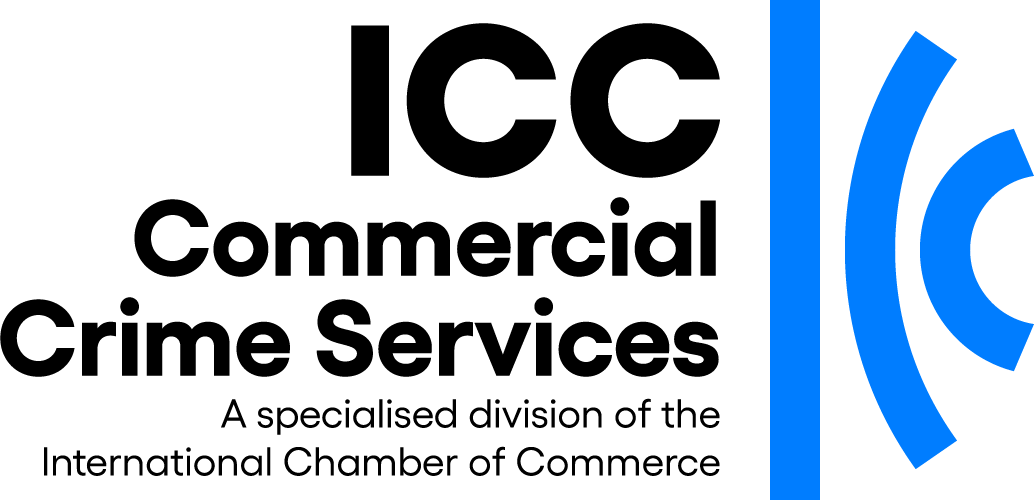
 A recent study has revealed that consumer brands, including those selling luxury goods, are being targeted by fraudsters who use social media to lure customers into buying fake products online.
A recent study has revealed that consumer brands, including those selling luxury goods, are being targeted by fraudsters who use social media to lure customers into buying fake products online.
 A recent study has revealed that consumer brands, including those selling luxury goods, are being targeted by fraudsters who use social media to lure customers into buying fake products online.
A recent study has revealed that consumer brands, including those selling luxury goods, are being targeted by fraudsters who use social media to lure customers into buying fake products online.
Investigation by a publication called Marketing Week has shown that illegal websites are now using social media platforms such as Facebook, Twitter and Pinterest, to sell ‘luxury’ items allegedly belonging to those brands.
The publication said fraudsters are targeting companies such as Ugg Australia, Mulberry, Ray-Ban and Louis Vuitton, among others. The problem, referred to as ‘social counterfeiting’, is said to be on the rise.
“We uncovered a number of sites not listed in these brand’s published networks of resellers that use links and paid-for advertising space on platforms such as Facebook, Twitter and Pinterest to bring in web traffic, using brands’ photographs, logos and trademarked words,” Marketing Week said.
“Confirmed counterfeit sites include saleuggs.salesbootsoutlet.com, which is registered under an address in China but uses Ugg Australia branding to sell sheepskin boots. Another site, purporting to sell Mulberry goods, was acknowledged by the luxury fashion brand to be a counterfeit site that it was trying to shut down,” the publication said.
A spokesperson from ICC Counterfeiting Intelligence Bureau (CIB) warned; “Social media can be a very attractive medium used by fraudsters to attract large numbers of people to buy counterfeit products knowingly or unknowingly. In doing this they should be aware that they could be facilitating the funding of organised crime.”
Whilst the problem of using the internet including search engines, online marketplaces and websites to sell counterfeit products online is not new, the use of social networking sites to promote the sale of illegal goods is becoming more and more serious; and cannot be ignored any longer.
Facebook seems to be favourite platform for forgers. The Trading Standards Institute, which enforces anti-counterfeiting laws in the UK, says the majority of social media complaints they receive are from people who are unknowingly part of a group that has been set up to sell counterfeit goods via Facebook.
Marketing Week also reported that scammers appeared to be very active on Twitter and Pinterest. Having done a search for ‘Louis Vuitton’ on Twitter, the publications found that most of the tweets referring to the brand include a link to a third-party website claiming to sell its goods.
“On Pinterest, the same search returns images of apparently genuine Louis Vuitton handbags but clicking through to the linked website again leads to a URL outside the brand’s own web domain. Adding terms such as ‘cheap’ or ‘discount’ to a search for a brand name on social media sites often brings up even more examples.”
Facebook’s legal pages clearly state that false or fraudulent content is against its guidelines. The company said, “Facebook takes intellectual property seriously. When a rights owner makes us aware of counterfeit goods being sold on Facebook, we take appropriate action.”
Twitter’s general policy on counterfeiting states that it prohibits the sale of counterfeit goods on the Twitter platform. Trading Standards does admit it received “fewer complaints through Twitter and that Pinterest has barely crossed the radar of investigators.”
While efforts are being taken to clamp down on the problem, Trading Standards acknowledge that compliance and enforcement of anti-counterfeiting legislation in the social network sphere can be difficult. This is in part due the fact that rapid changes in technology make it difficult for legislation to keep up with its progress and criminals are one step ahead of the law.
Additionally, detecting those behind such scams and unveiling suspicious online accounts can be tricky, especially in cases when the account’s privacy settings are closed.
Indeed, the challenges associated with removing counterfeiting websites via the internet regulator, Internet Corporation for Assigned Names and Numbers (ICANN), was highlighted by CIB last year, with its members saying the process was costly and often ineffective. You can read the full article here.
As part of its services to members, CIB offers alternative techniques for combatting websites selling counterfeit goods. For more information, email cib@icc-ccs.org or call +44 207 423 6960. Or visit the CIB webpage for more details.






